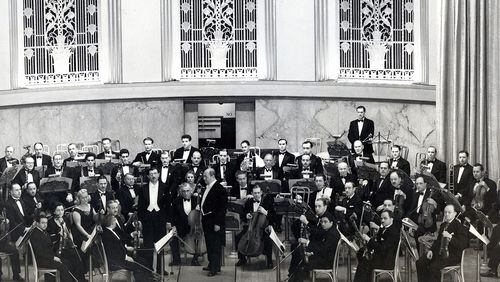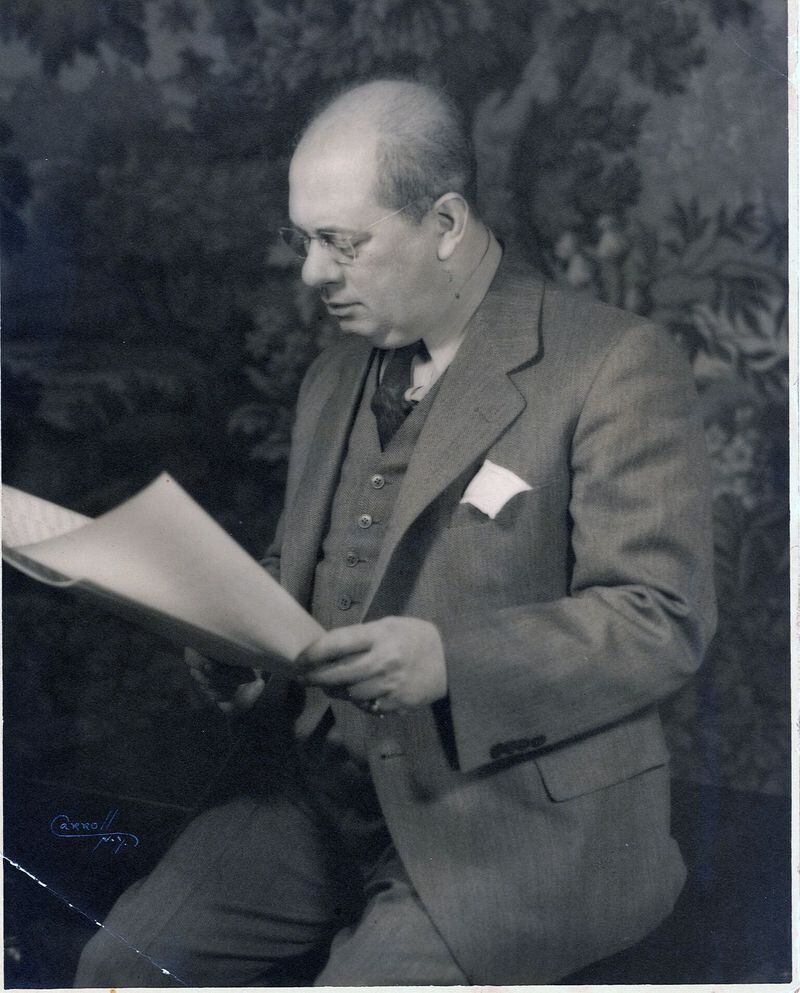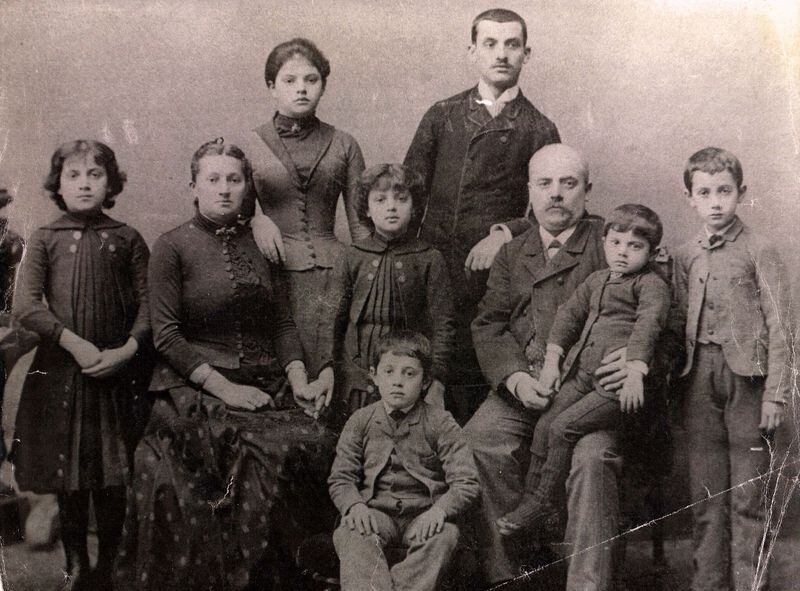Kennesaw State University's faculty isn't just committed to teaching the students who enroll in their courses.
The local university strives to be a source of education and entertainment to local metro Atlanta residents who might not be seeking a degree or those who are simply interested in learning on a budget.
An upcoming program, “Songs Not Silenced: Music Forbidden in the Holocaust," is an example of this.
The free concert will feature performances and commentary highlighting the work of composers who were often banned in Europe. It will take place at 8 p.m. on March 23 in the Bailey Performance Center.
Credit: Jewel Wicker
Credit: Jewel Wicker
The musical ban affected Jewish composers, as well as non-Jewish composers whose work reflected modern, jazz or African-American influences, according to a press release for the program.
Dr. Laurence Sherr, composer-in-residence and professor of music, said he put together the program to bring attention to the composers who were "suppressed, banned and, in some cases, arrested and murdered."
Outside of being introduced to great music, Sherr said he hopes this concert will help attendees to see the importance of building cultural bridges instead of barriers.
“Unfortunately there is so much bigotry, hatred, division and othering in our contemporary world and in our society today that this [program] is quite timely," he said.
Sherr acknowledges that his expertise, which falls at the curious intersection of history and music, is a unique one.
A researcher and composer of Holocaust remembrance works, Sherr said he originally wanted to be an avant-garde concert hall composer, but a concert at the Carter Center forced him to look at the unconscious influence that the "Jewish cantorial lamentation" he'd grown up hearing in Atlanta synagogues had on his compositions.
The composer was born to a Polish father who escaped ahead of German invasion and a German mother who was the only surviving member in a family where many of her relatives where put in concentration camps and killed.
Since reflecting on the influences of his family heritage, Sherr has gone on to create works directly inspired by his family. "Fugitive Footsteps," for example, is about the plight of survivors like his mother.
Credit: Jewel Wicker
Credit: Jewel Wicker
“Songs Not Silenced: Music Forbidden in the Holocaust," will feature the U.S. premieres of two sets of songs by conductor and composer Ignatz Waghalter, along with pieces by Kurt Weill, Darius Milhaud, Viktor Ullmann, and Ilse Weber. Kennesaw State faculty vocalists Jana Young and Oral Moses will perform the material with accompaniment from pianist Judy Cole.
Sherr will provide commentary during the program alongside Waghalter's grandson David Green.
"We wanted to maximize the audience we could present this to," Sherr said of the decision to make the program free.
About the Author








